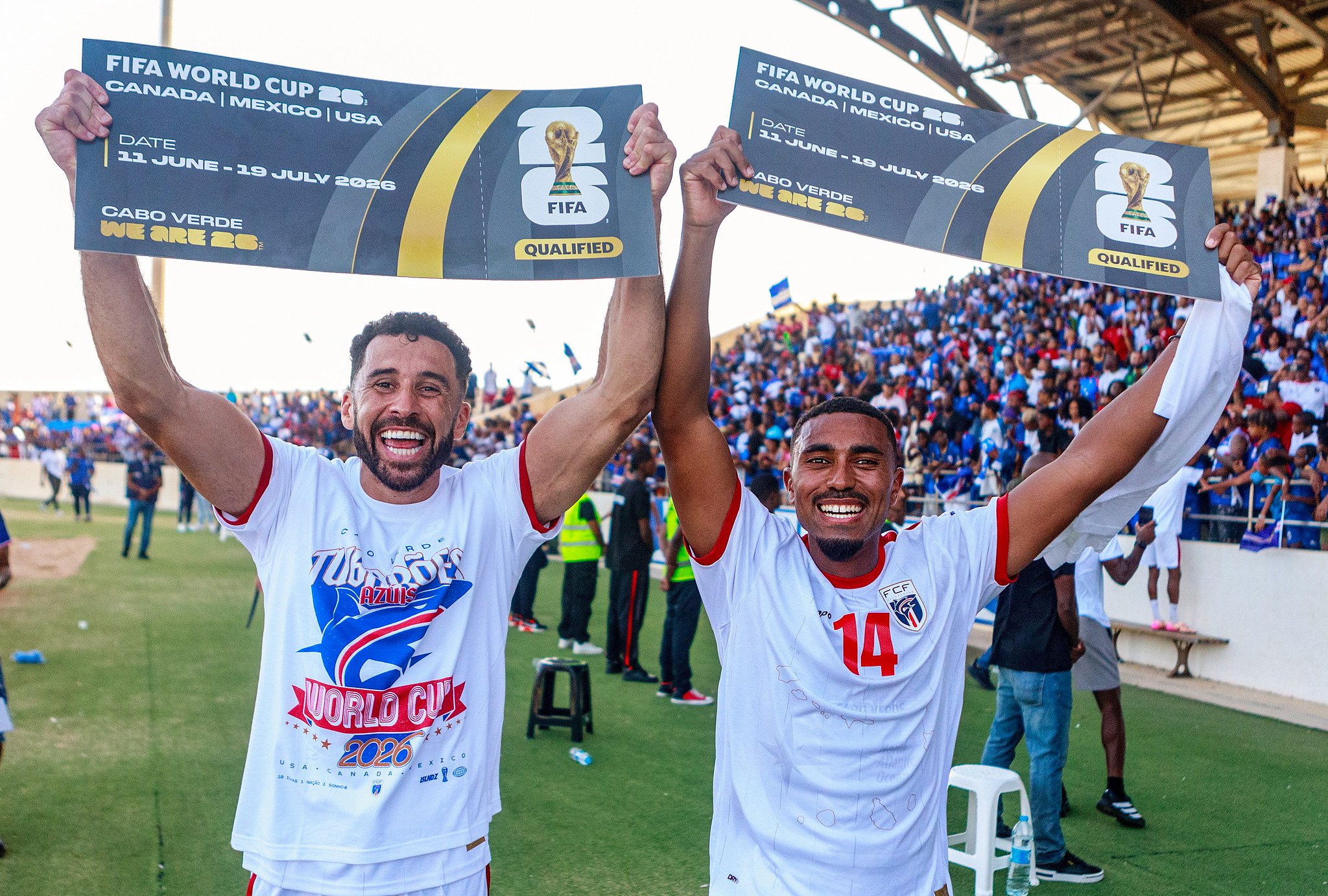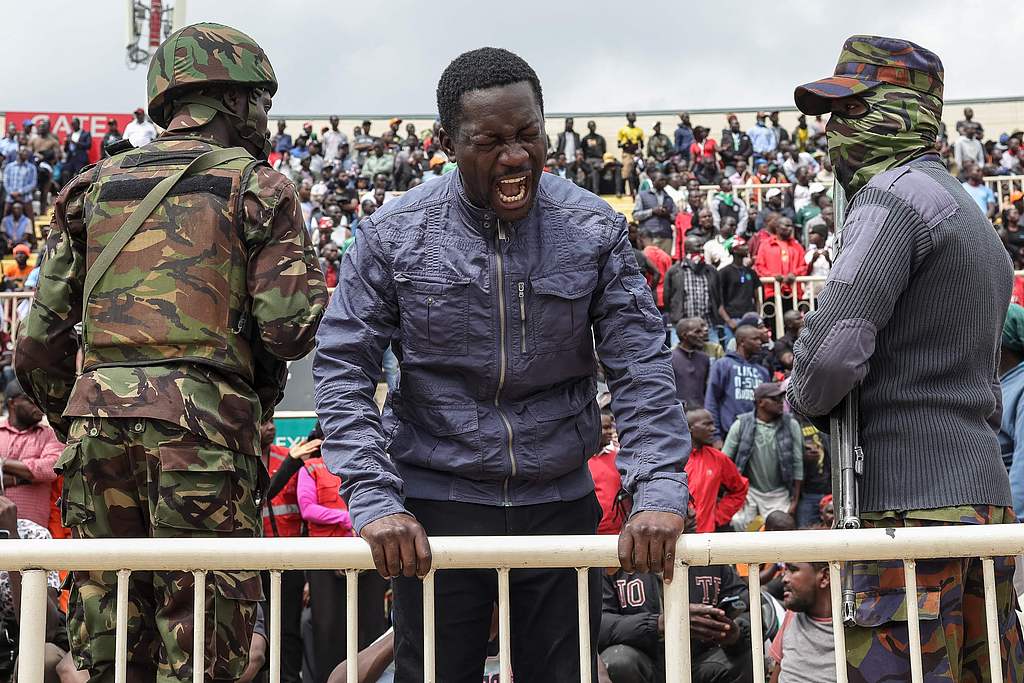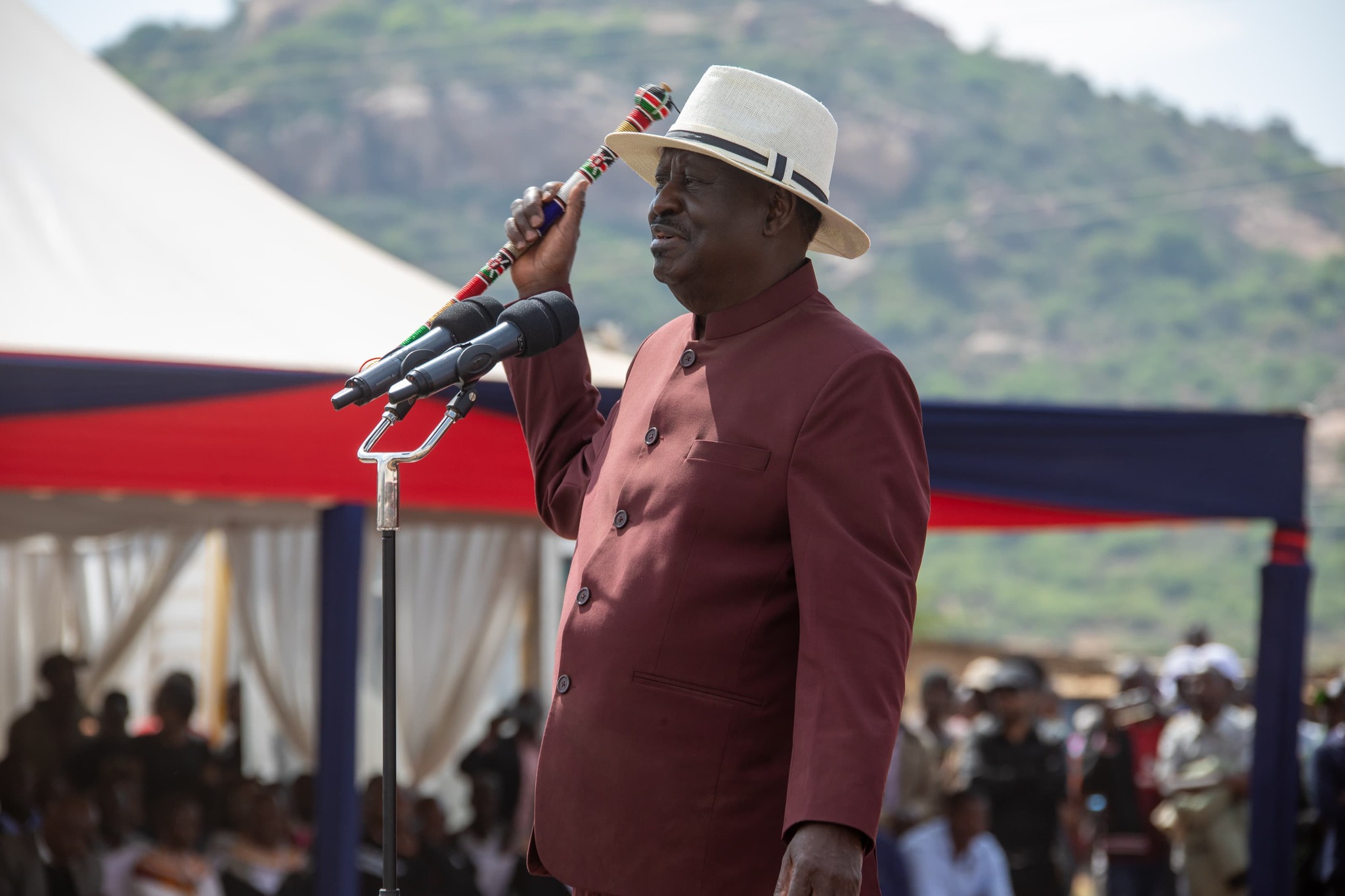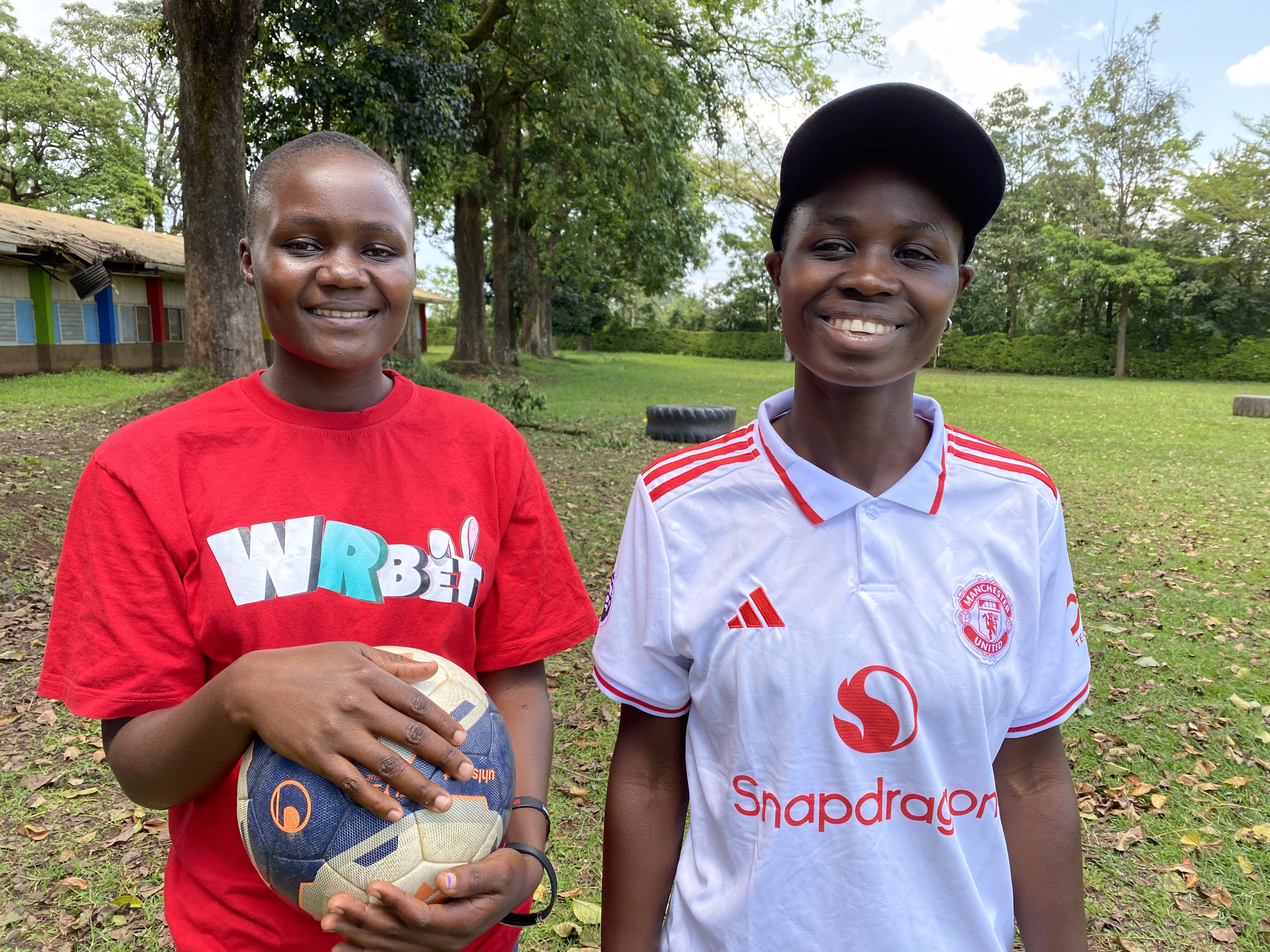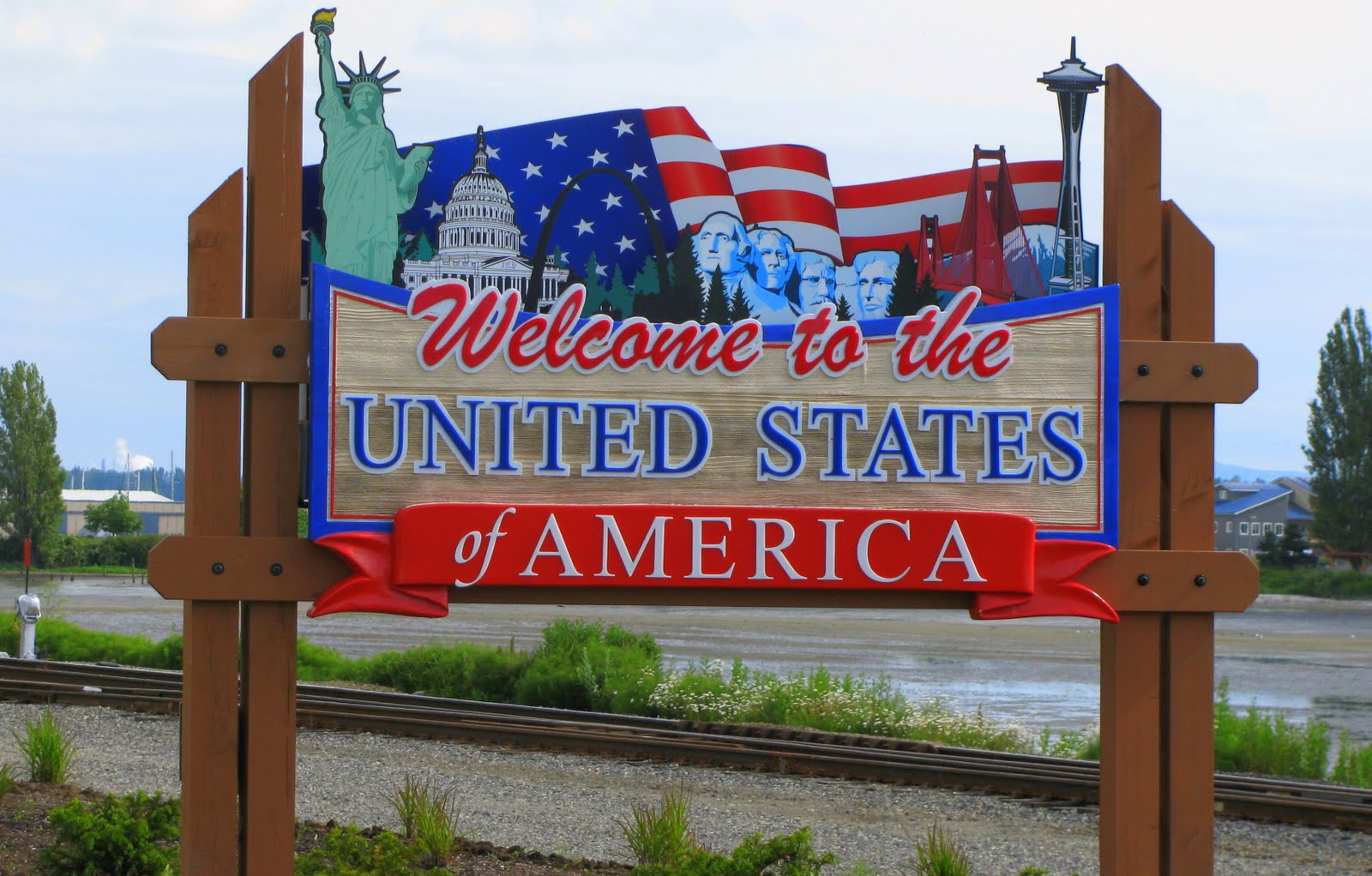
South African organization turns down invitation to the US, taking stand against US travel ban
An opportunity to unite and inject fresh impetus in the fight to tackle global gender inequality, a chance that comes once a year, but South African-based Masimanyane Women’s Rights International has turned down the offer to participate. A move that’s garnered support from some groups which have attended the Commission on the Status of Women.
“On the one hand, if you’re not in policy spaces, you can’t influence the outcomes, but on the other hand, a really clear and strong message needs to be sent to the U.S. government that the policies they are enacting that are targeting some of the most marginalized and vulnerable women are not acceptable.” said Shannon Kowalski, International Women’s Health Coalition
President Trump’s so-called travel ban has sparked protests in New York and across the U.S. The proposed plan, which has been temporarily blocked, would put a 90-day restriction on people entering the U.S. from six Muslim-majority nations in Africa and the Middle East.
Masimanyane is one of more than a dozen groups boycotting this year’s CSW. And they say the decision not to come to the U.S.is an act of solidarity.
“We looked at it in the light of what happened during apartheid. And that’s a very strong visceral response for us because we were the people who were excluded, demonized, frowned upon in so many ways during the apartheid years.” Said Dr. Lesley Ann Foster – Masimanyane Women’s Rights International
Women’s advocacy groups aren’t just concerned by President Trump’s immigration plan. At a sidebar event just across the road from the U.N., people here are also wary of his plans to cut funding to global aid programs.
“Any program that’s supposed to benefit or improve women’s lives and if even a cent is taken away then that means it scales back whatever gains have been made.” Said Pepe Julian Onziema, Programs Director, Sexual Minorities Uganda
Now U.N. agencies may have to start preparing to manage without as much U.S. funding. Part of President Trump’s proposed budget includes deep cuts to foreign aid. The U.S. says it’s a way of making other nations pay their fair share, but many here at the U.N. worry that it will hurt the world’s most vulnerable people.


